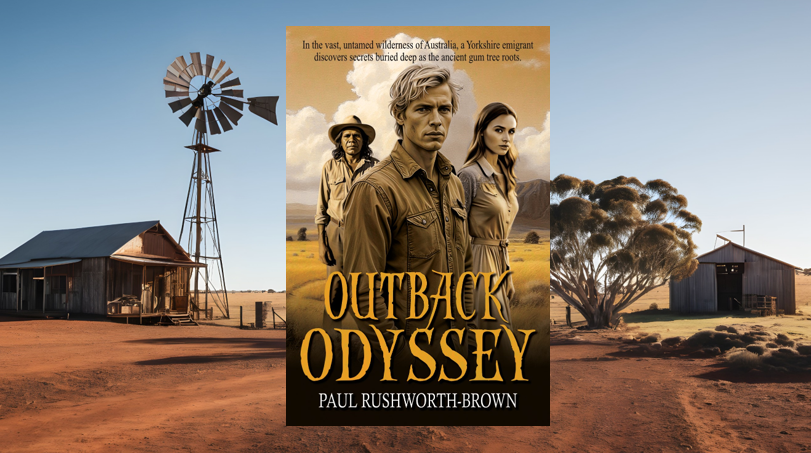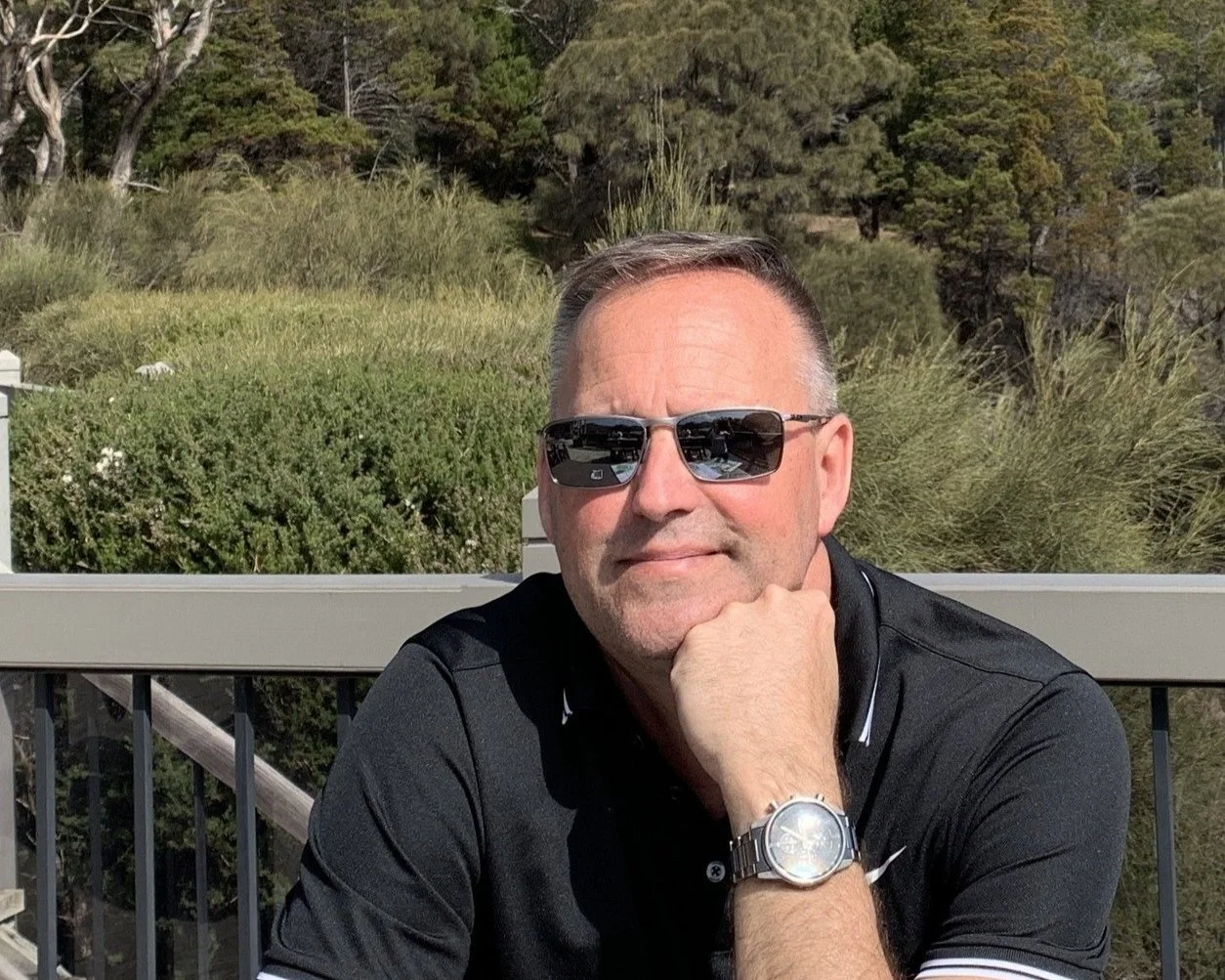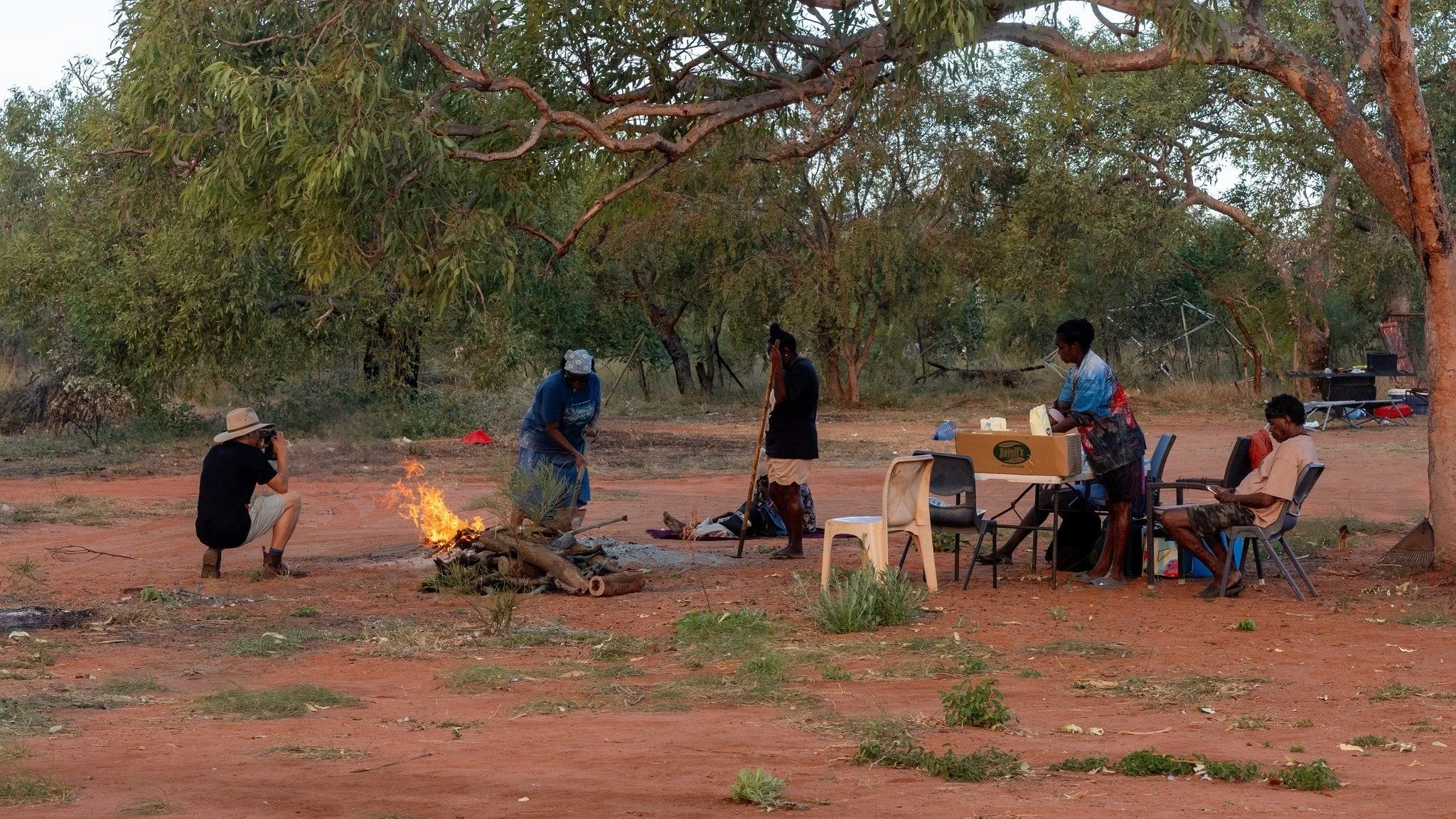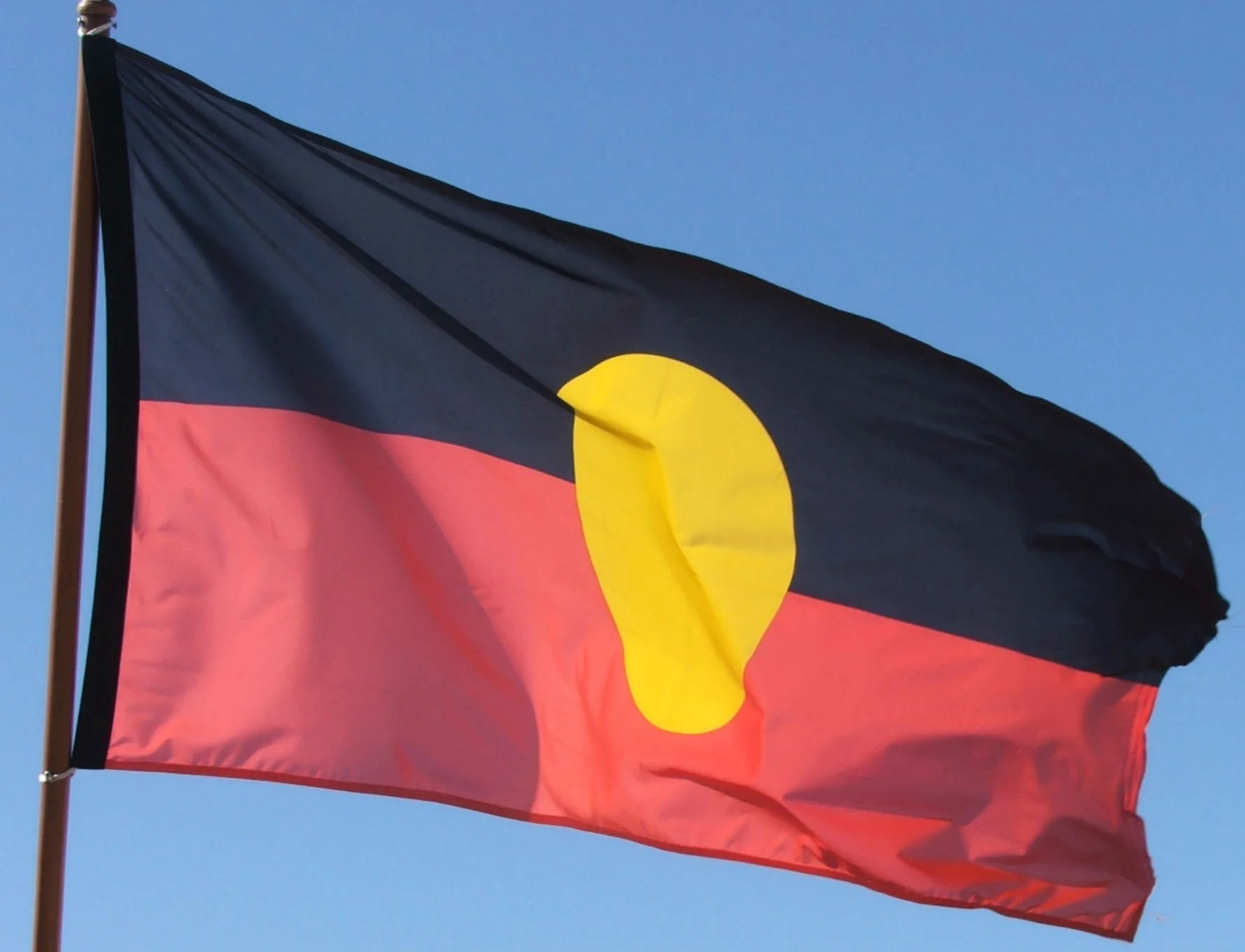OUTBACK ODYSSEY: FICTION AS RESISTANCE AND REMEMBRANCE
BY ASAD KHAN
A Coach Erased from the Record
Paul Rushworth-Brown, former head coach of the Australian Paralympic Football team, the Pararoos, has turned to fiction to reckon with a past shaped by exclusion—and a present haunted by silence.
His novel, Outback Odyssey, uses historical storytelling to ask who gets to belong and who gets erased from the record.
Building a Legacy, Then Being Forgotten
For over a decade, Rushworth-Brown was a central figure in shaping one of the country’s most inclusive sporting legacies.
He named the Pararoos, led them to international medals, and fought for their survival when federal funding was pulled under the “Winning Edge” strategy championed by then-Minister Peter Dutton.
Paul Rushworth-Brown
Yet when a national documentary aired in 2018 celebrating the team’s rise, Rushworth-Brown was nowhere to be seen.
“Of course it hurt,” he said.
“I spent 10 years building that team... just to be left out of the documentary, I think that was bad form.”
He believes his public advocacy, including media appearances and a petition that garnered 80,000 signatures, contributed to his exclusion.
“I suppose the main reason I was left out is because it makes Football Federation Australia and the Australian Paralympic Committee look quite poor,” he said.
Fiction as a Form of Resistance
Rather than protest loudly, Rushworth-Brown has chosen to respond through storytelling. Outback Odyssey follows Jimmy Brown, a Yorkshire orphan who migrates to 1950s Australia and finds belonging working alongside a First Nations mob in the bush.
The story is both deeply personal and historically grounded, drawing on the author’s own upbringing, his father’s migration story, and his time working on the Queensland Railways.
“Probably the first part of the novel is loosely based on my father,”
“I also spent a lot of time in Arnhem Land, working out in the Outback... I suppose all of those experiences resonate in the novel.”
A Quiet Reckoning
But Outback Odyssey is more than a tale of survival. It is, as literary analyst Amanda Smith puts it, “the kind of novel that lingers… not because it shouts, but because it stays with you.”
At its core, it is a quiet interrogation of how Australia remembers and forgets.
literary analyst Amanda Smith
International Praise, Domestic Silence
While the novel has received international praise, it has been largely overlooked at home.
“Just like Paul was erased from the Pararoos legacy, Outback Odyssey is being ignored in Australia—even as U.S. media embraces it,” he said.
American commentator Ron James described it as “thought-provoking, heartfelt, and beautifully written... more than a novel—it’s an essential Australian story.”
Writing from the Margins with Respect
Rushworth-Brown is keenly aware of his position as an “inner outsider” writing about Aboriginal culture.
“A lot of people ask, ‘What’s a white fellow born in England doing talking about Aboriginal culture?’ But I’m a high school teacher, and Aboriginal culture is part of the curriculum. I tell a story that hopefully gets people thinking in a different way.”
The novel takes care not to overstep.
“There’s even a part of the book I deliberately omitted, just a paragraph, but I wrote, ‘Out of respect for our First Nations elders, this part of the story has been omitted.’ They’d probably know what I was talking about, but white fellows wouldn’t.”
Belonging, Silence, and What the Land Remembers
Themes of erasure and belonging are no coincidence. Rushworth-Brown admits they echo his own experience with the Pararoos.
“The similarity is still that silence,” he said. “I wanted to say things and bring things to light—not in a preaching or aggressive way, but through story.”
In Outback Odyssey, the land remembers—even if the people forget.
Listen to Ngaarda Media’s Asad Khan speak with Paul Rushworth-Brown:





